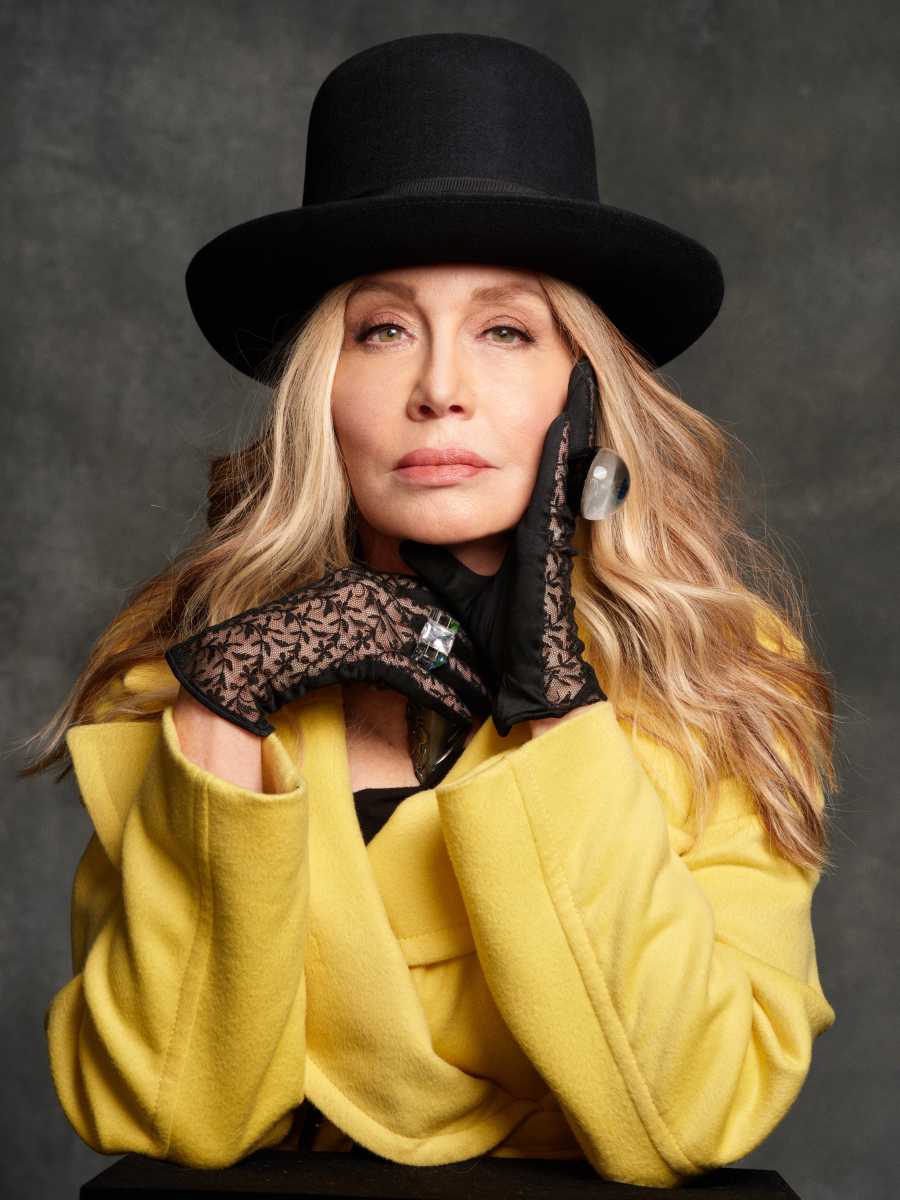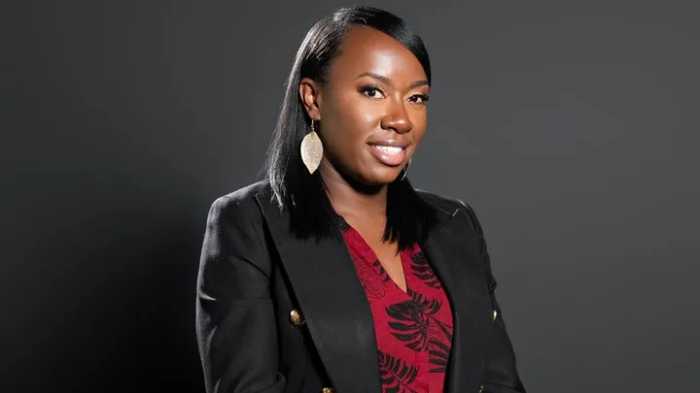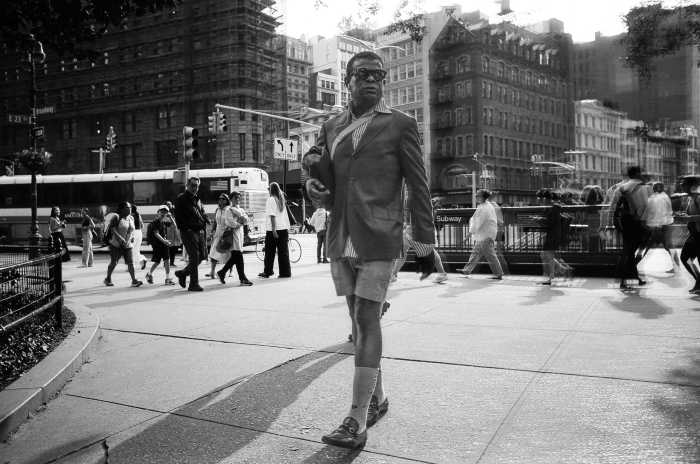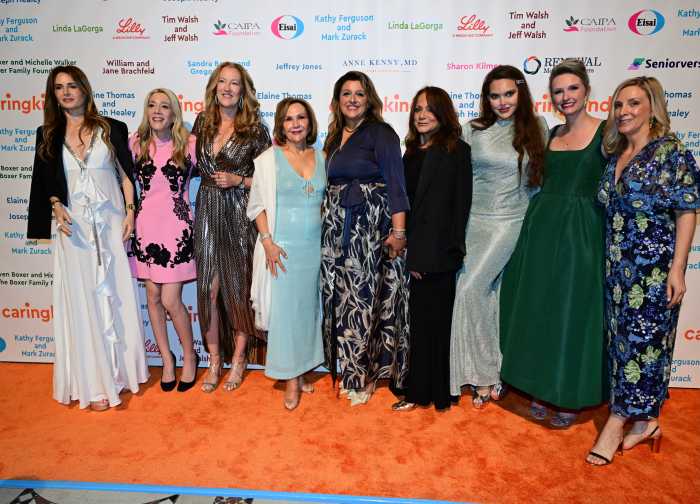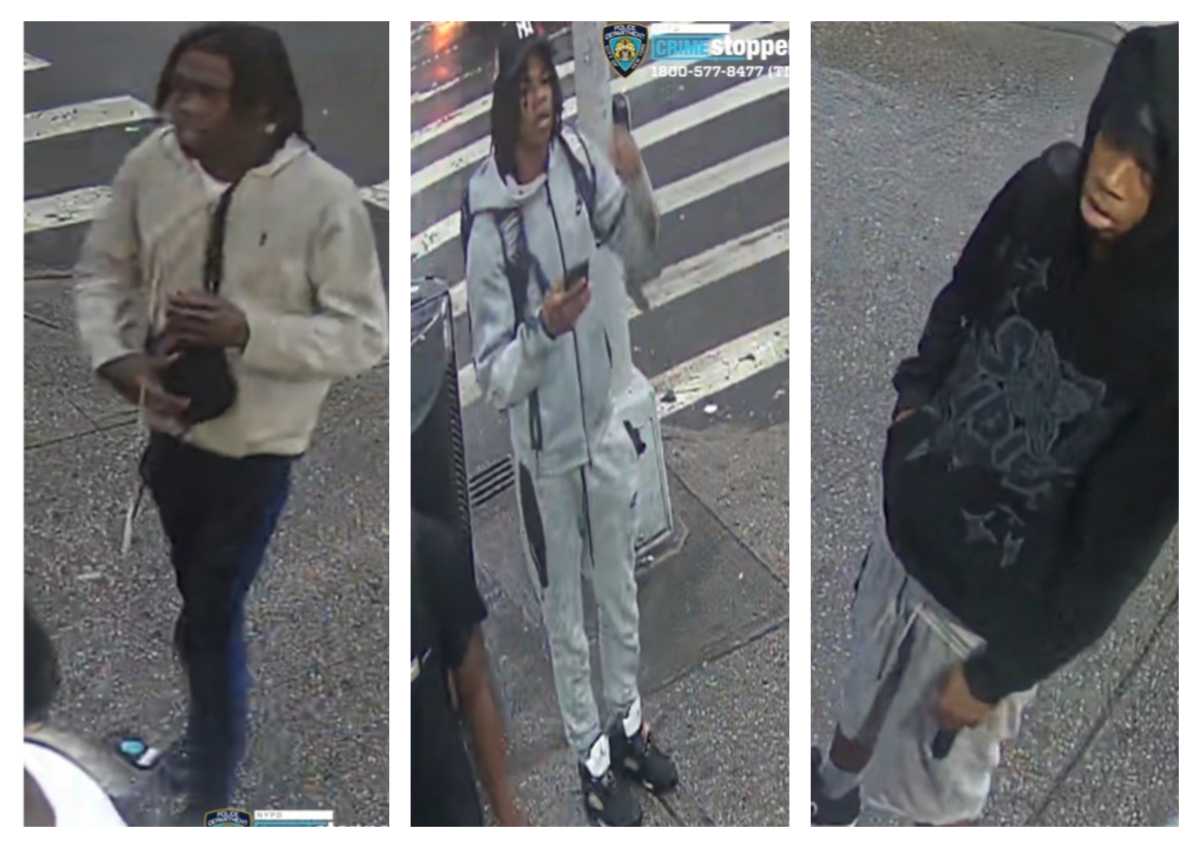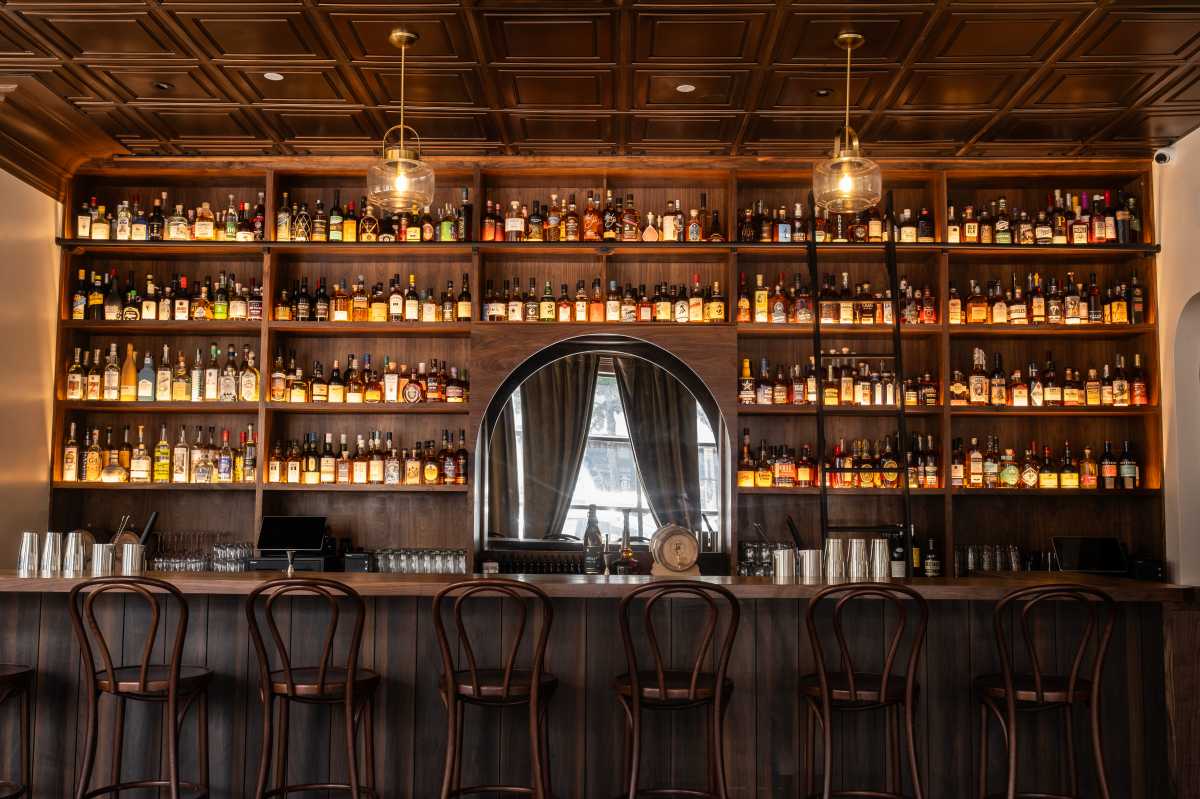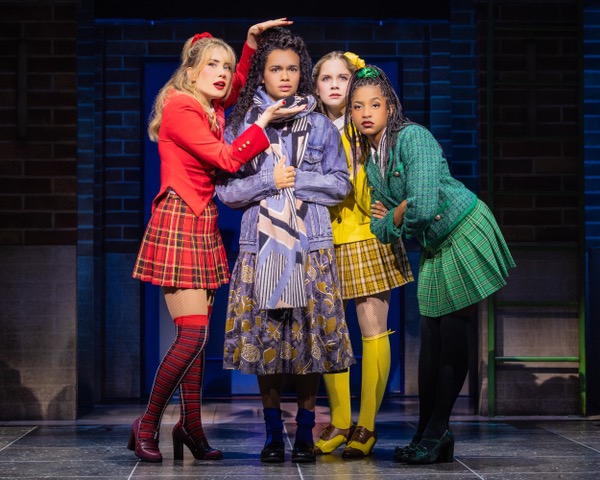BY TEQUILA MINSKY | While fashionistas were recently showing off their wildest creations and tying up traffic around the Metropolitan Museum, a heartfelt gathering was taking place just a bit farther Uptown on Fifth Ave.
On the Museum of the City of New York’s piazza overlooking Central Park, community organizers and labor activists mingled for a simple reception, entertained by the New York City Labor Chorus. They gathered to recognize stellar women among their own.
Labor Arts started the Clara Lemlich Awards ceremony on the 100th anniversary of the deadliest industrial fire in New York City, the 1911 Triangle Shirtwaist Factory Fire in Greenwich Village, in which 146 garment workers died.
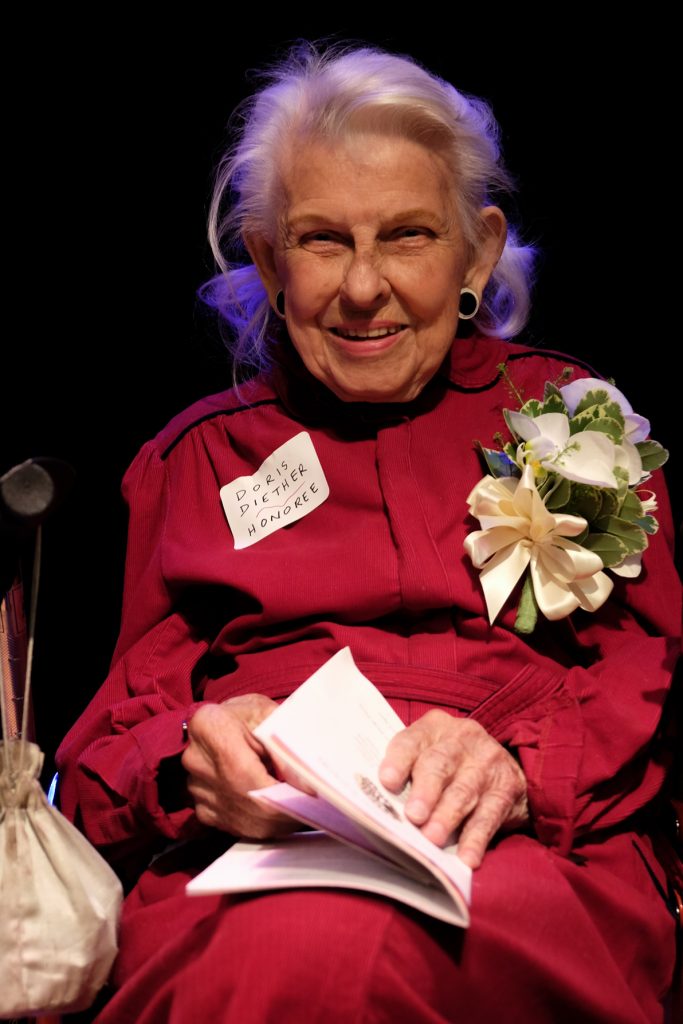
Each year, the event honors five women over age 80 working most of their lives in the tradition of those who sparked reforms in the Triangle fire’s aftermath.
Clara Lemlich led a life of activism and impact, continuing from when, at the age of 23 in 1909, at The Cooper Union’s Great Hall, this immigrant interrupted union labor leader Samuel Gompers shouting, “I have something to say!”
Her inspiring speech led to an unexpected vote to strike, which would become known as the Uprising of 20,000. The awards honor those who follow in her footsteps.
“These women are entirely inspirational,” said Esther Cohen, co-founder of the event, greeting the packed room. “They are strong and certain and intelligent and unexpected and fighting still!”
Among the five recipients was Village icon Doris Diether, introduced by housing activist Katie Goldstein, the daughter of Donna Schaper, pastor of Judson Church.
Diether, 90, Manhattan’s longest-serving — 52 years — community board member, is not shy when it comes to going up against powerful figures. She started her lifetime of activism with a protest against Robert Moses over a plan to do away with Shakespeare in the Park.
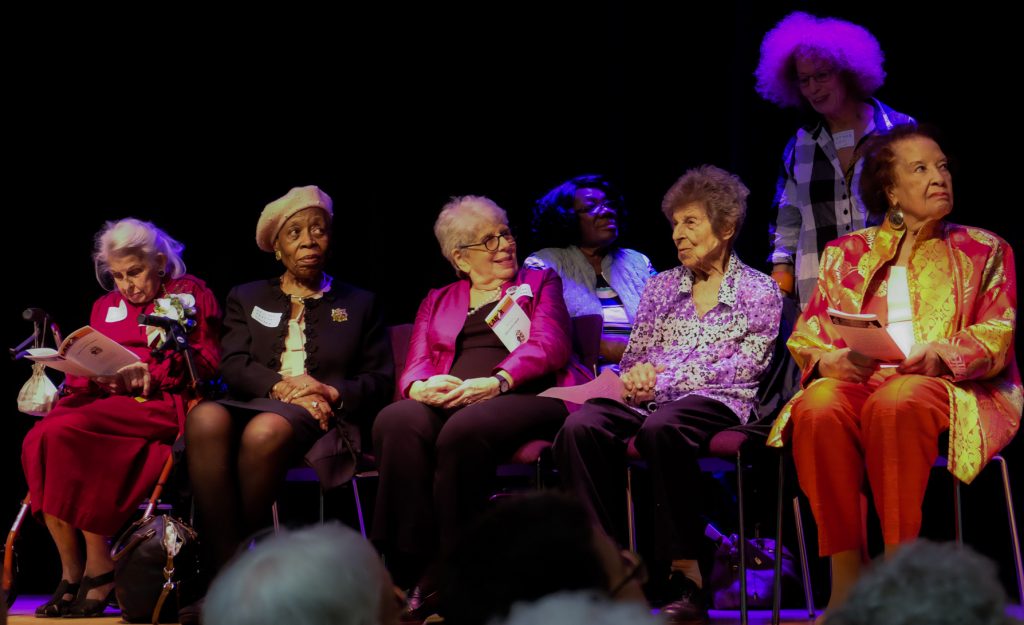
During her acceptance remarks, Diether talked about organizing strategies. She and her activist friends — including, notably, Jane Jacobs — divided the Village into mini-regions, each one with a group of neighbors similarly committed. When important hearings took place, each activist showed up with numbers of Villagers taking a stand.
Another honoree was Melissa Freeman, a Harlem-based doctor, granddaughter of a slave. She has been practicing medicine since 1961, and is on the front line of opioid-addiction treatment. Elba Cabrera, a supporter of Latino artists, who, with her two sisters, changed New York’s cultural landscape, particularly the Bronx, also received an award.
At age 102, the oldest recipient this year was Philoine Fried, daughter of legendary labor leaders Bessie Abramowitz and Sydney Hillman. She worked for decades with the Jewish Labor Committee and is a founding member of the New York Labor History Association.
Lifelong feminist and former politician Ronnie Eldridge was among this year’s youngest honorees. Eldridge advocated for women as a special assistant to Mayor John Lindsay and was the only female in Governor Mario Cuomo’s cabinet and later represented the Upper West Side in the City Council from 1989 to 2001.
“There were a few of the previous honorees in the audience over 100!” Cohen glowingly noted. Indeed, among them were Bea Klier, 102, an early scientist, as well as Naomi Replansky, a prize-winning poet/activist, who turned 101 on May 23.
A plethora of speakers connected to civic commitment by work, politics, family and heart gave remarks.
In the spirit of Clara Lemlich, attendees affixed buttons provided that read, “I have something to say!”




